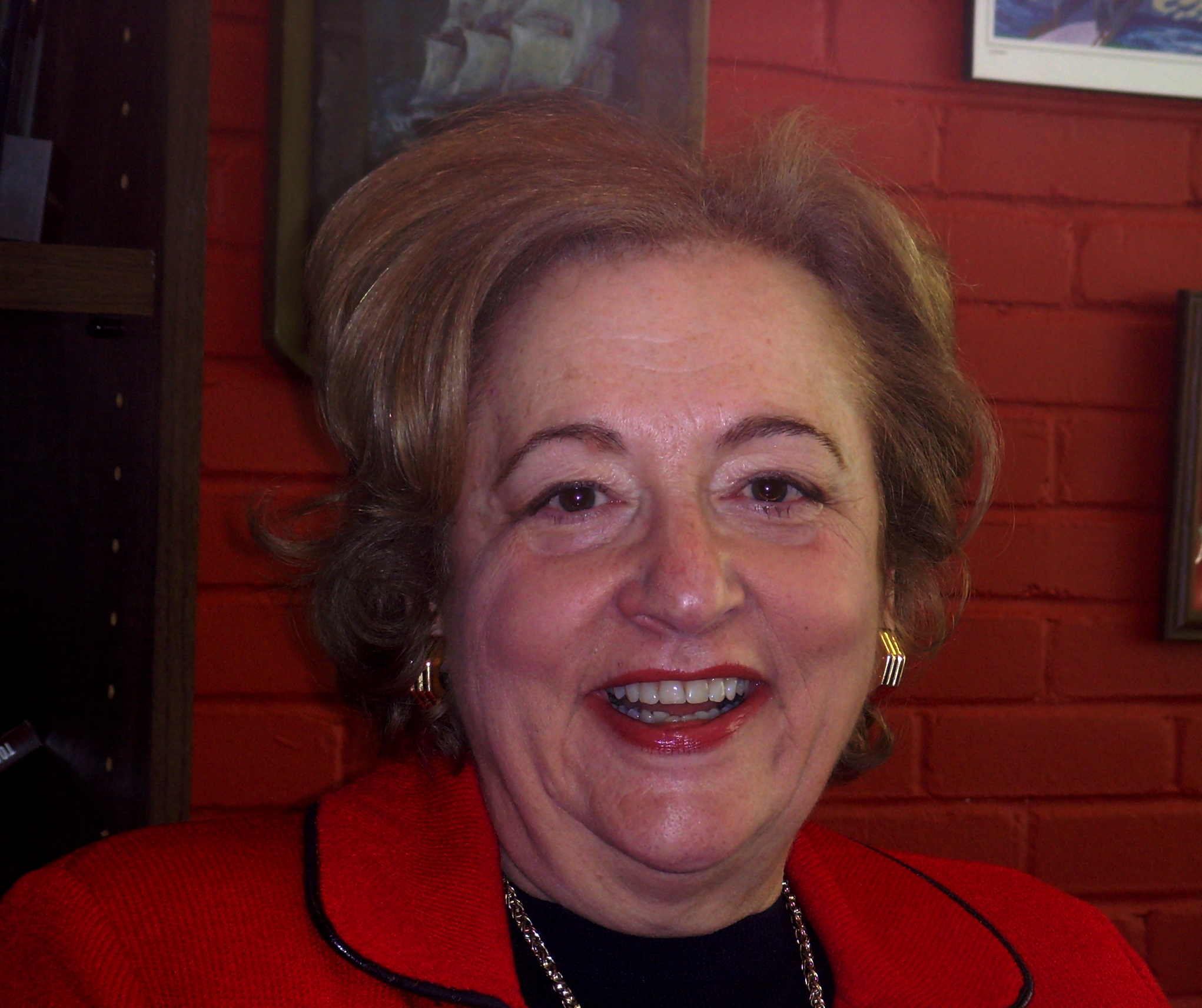Prof. Tolchin On Personality Over Policy Debate
By Connect Mason Reporter Rashad Mulla

Most voters are letting their gut instincts act as the deciding factor for which candidate to vote for in the current election, says Susan Tolchin, professor in GMU’s School of Public Policy at George Mason University.
Tolchin is the writer and co-author of seven books on American politics.
As little as 2 percent of voters study a candidate’s stance on political issues before making their decisions in state primaries, Tolchin said in an interview.
“People are making their minds up at the last second,” Tolchin claimed. “I don’t think they are voting based on the issues. They are voting [based on] personal appeal [of the candidates].”
The personality and appeal of a candidate are the most influential characteristics in an election, right after party affiliation, said Tolchin, who has been teaching for over 40 years, 10 of which have been at George Mason. The seemingly more important issues, which include health care, poverty and foreign policy, rank third.
Pollsters have had a hard time predicting the outcome of the primary elections and have conducted multiple analyses of predictions that have turned out to be incorrect. Tolchin cited a Jan. 10 op-ed piece by Andrew Kohut, president of the Pew Research Center, printed in The New York Times.
Kohut’s article detailed the last-minute changes of heart many voters experienced on voting day in New Hampshire. While Kohut delved deeper into that particular issue, Tolchin was convinced that gut-voting is widespread and will be a critical factor in how the next president will be decided.
The candidates themselves are fully aware of this trend, and have long since begun trying to exploit it, Tolchin said. “They are looking for any flattering exposure,” she remarked.
One example of this exposure is the bold step many candidates took in making cameos on Saturday Night Live. Barack Obama, Hillary Clinton, Rudy Giuliani and Mike Huckabee have each made appearances in recent months. All were greeted with excitement from the audience, despite their varying popularity levels.
Tolchin believes they knew exactly what they were getting into when they appeared on the show. “Going on Saturday Night Live once generates more traction than 87 campaign stops,” Tolchin said. Tolchin claims voters, young and old alike, are influenced by lively displays of humor and personality.
Tolchin said Sen. Obama brings excitement and a wide range of intangibles to the table, while Sen. Clinton has a different type of appeal, separate from her policies and stances on the issues.
In a Feb. 17 article in The Washington Times, Tolchin said the candidates’ stances on political issues are so similar that even she might not be able to tell the differences between Obama and Clinton. Voters at a crossroads use their instincts to push one candidate ahead of the other, she said.
“The issues are important, but they are secondary,” Tolchin said. Voters make their decisions based on “highly nuanced personality factors,” such as speaking ability and how charismatic they seem to voters.
While Tolchin says gut-level decisions inevitably tip the scales one way or the other, she says voters aren’t sacrificing smarts when they make an instinctive decision.
“You have to be comfortable making this type of decision,” she said.
